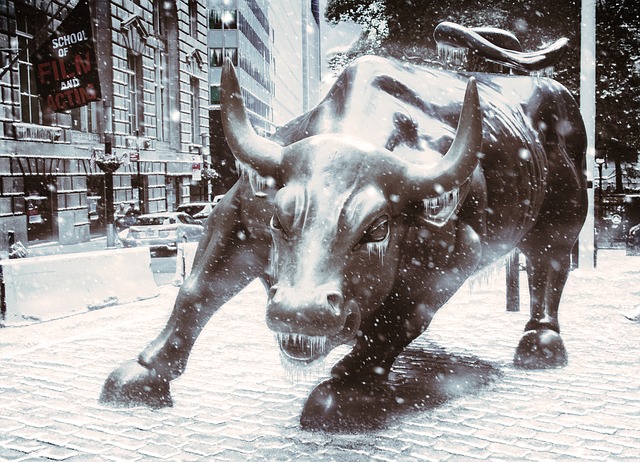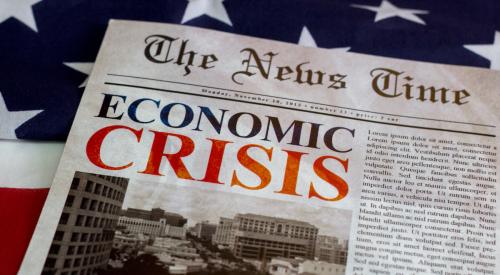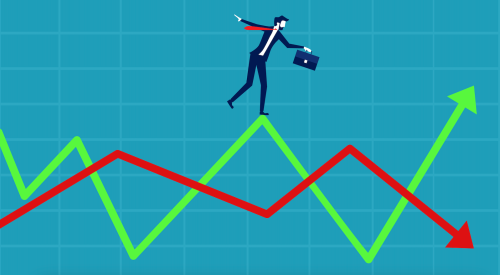If subprime mortgages are a prime suspect for the Great Recession, a new working paper suggests that housing speculation was a major partner in crime. As prices rose and inventory skyrocketed to keep up with a fragile demand in hot investment markets, the short term gains from risky speculative purchases did not outweigh economic consequences when it all came crashing down.
Conventional wisdom has typically blamed the rise of subprime mortgages for the Great Recession — and the housing boom that preceded it.
But a new working paper has examined the significant role housing speculation likely played, not only in the housing market’s pre-Recession boom and subsequent bust but also in the economy’s overall trajectory. Researchers found that speculative real-estate purchases on the part of investors were correlated with fluctuations in home prices as well as employment and household income at the local level.
A 10% jump in the share of non-owner-occupied home purchases in a given ZIP code between 2004 and 2006 was correlated with a 26.5% increase in home prices during the boom years. In the downturn, however, home prices fell 37.4% in these same areas. Interest rates during the boom years, which at the time were historically low, helped to drive interest in real-estate speculation, because the cost of financing was so affordable.













